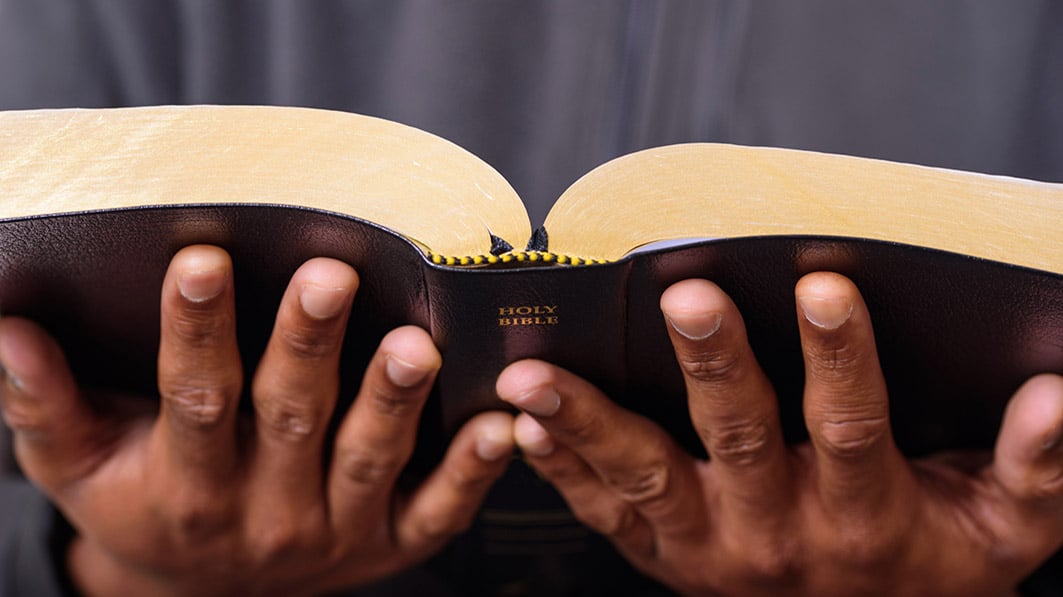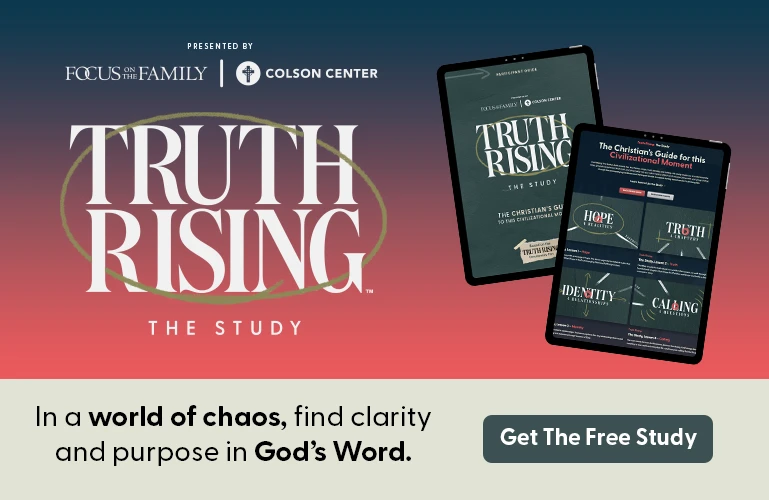The Wonder of God’s Plan
Do you sometimes wonder whether or not things are right in the world? In observing all the evil and suffering around us, do you sometimes ask if there is something wrong with the human condition? For centuries various philosophies and religions have attempted to answer these and other questions, often coming to very different conclusions.
While we don’t have the space to explore every worldview or belief system in detail , a summary of some key perspectives will help us set the stage for the message of Christianity, God’s plan and its personal relevance to everyone.
What Other Worldviews Offer
Atheism claims that there is no God. Everything is a product of chance and time–even people. Only the material world exists. Good and evil are subjective and, in the end, there is no overarching purpose or design to life or history.
Pantheism holds that everything is divine. “God” is an impersonal force that permeates everything, even rocks. In this view, good and evil are really the same, human beings are divine and our problem has to do with enlightenment not sin.
Deism states that God exists, but is removed from the day-to-day activities of His creation. Like a watchmaker, He made and wound up the universe but has now left it on its own. The god of deism has no interest in performing miracles, intervening in human affairs or in offering love or redemption.
There are other worldviews, too, including variations of each of the above, but atheism, pantheism and deism will suffice as brief examples of key differences in worldviews and the approach to the situation we find ourselves in.
Theism and Christianity
In contrast to atheism, pantheism and deism, theism holds that a personal God exists. He created the universe and is not part of it, but is active in it. Christian theism adds a key component of belief in the person of Christ (Jesus).
The central message of Christianity is in one sense quite simple. It is the straightforward story of a world gone wrong and set right by God. But in another sense the message is complex, touching many topics including origins, human nature, the existence of God, suffering, redemption and more.
Our Situation
Christianity outlines God’s plan for His world. It is the story of creation, fall, redemption and restoration. Creation refers to God as Creator. He made the universe and all that is in it. The first words of the Bible echo this reality: “In the beginning God created the heavens and the earth” (Genesis 1:1, NIV).
Originally, all that God made was good, including human beings. Our relationship with God functioned as He intended it to function – in harmony. But after what Christians term the Fall, some things went very wrong, breaking our relationship with God and resulting in a threefold strife between us and God, between one another and within ourselves.
Our primary problem, then, is separation from God. This separation and what it has done to our nature results in the other two problems – our relationships with others and our internal struggles.
But there’s more to the situation. Not only are we separated from God, resulting in strife with others and within ourselves, in a significant sense our very nature is polluted, causing us to behave in ways that go against God’s standards of holiness. This does not mean that everything we do is filled with evil and depravity, but that our nature is now corrupted – a fallen and broken shadow of what it once was. In a sense, it is as though we were meant to be kings and queens, but are now deposed royalty, kicked out of our true kingdom.
We still bear some marks of our former selves including retaining some of the glory God made us with, imagination, creativity, intelligence and more. But something significant is missing. An emptiness is in everyone. Blaise Pascal remarked that “this infinite abyss can be filled only with an infinite and immutable object; in other words by God himself,” while Augustine wrote, “our hearts find no peace until they rest” in God.. This brings us to God’s solution to our predicament.
God’s Solution
What is the solution to our problems? Christianity argues that it is personal transformation. To use more technical terminology, we are in need of redemption and regeneration that can come about only through conversion through a relationship with Christ based on an understanding of what He has done for us. But what does all this mean?
Redemption has to do with restoring our relationship with God, not by our efforts, but by our faith in what Christ has done for us. Regeneration is the new birth Christians experience as a result of repentance – turning away from wrong behavior in our lives and instead turning to Christ in sincere humility. Conversion encompasses repentance, resulting in our new birth and the restoration of our relationship with God.
Our “relationship with Christ” is key in that it is relational and personal, but it has a basis in the reality of what Christ has done for us via His death and resurrection (the Atonement).
The Wonder of God’s Plan
The wonder of God’s plan is that He has reached out to us in love, offering everyone an opportunity to personally respond through Christ. He offers His unmerited favor, or grace, if we will only accept it. We can’t earn it ourselves or find some loophole that will allow us to restore our relationship with God on our own or through other means. The only way is through the cross of Christ (John 14:6).
Other worldviews fail to correctly address our primary problem – our broken relationship with God – and the solution. Atheism denies God’s existence, leaving us with an ultimately meaningless existence without moral standards. Pantheism denies the reality of good and evil, arguing that we are really god and all we truly need is enlightenment. Deism leaves us with the despair of atheism in that God may as well be dead or nonexistent because he is not involved personally in his creation. None of these worldviews solve our primary problems and needs. Christianity, on the other hand, offers an accurate diagnosis and remedy to our condition.
As you can see, the message of Christianity is in one sense simple – the straightforward story of a world gone wrong and set right by God – but in another sense complex.
The remainder of this series of articles will explore in more detail our condition and need, what Christ has done for us, first steps in the Christian life and helpful suggestions for finding the “right” church.
For more information or reading materials, call 1-800-A-FAMILY (232-6459).
Robert Velarde is author of Conversations with C.S. Lewis (InterVarsity Press), The Heart of Narnia (NavPress), and Inside The Screwtape Letters (Baker Books). He studied philosophy of religion and apologetics at Denver Seminary and is pursuing graduate studies in philosophy at Southern Evangelical Seminary.
















